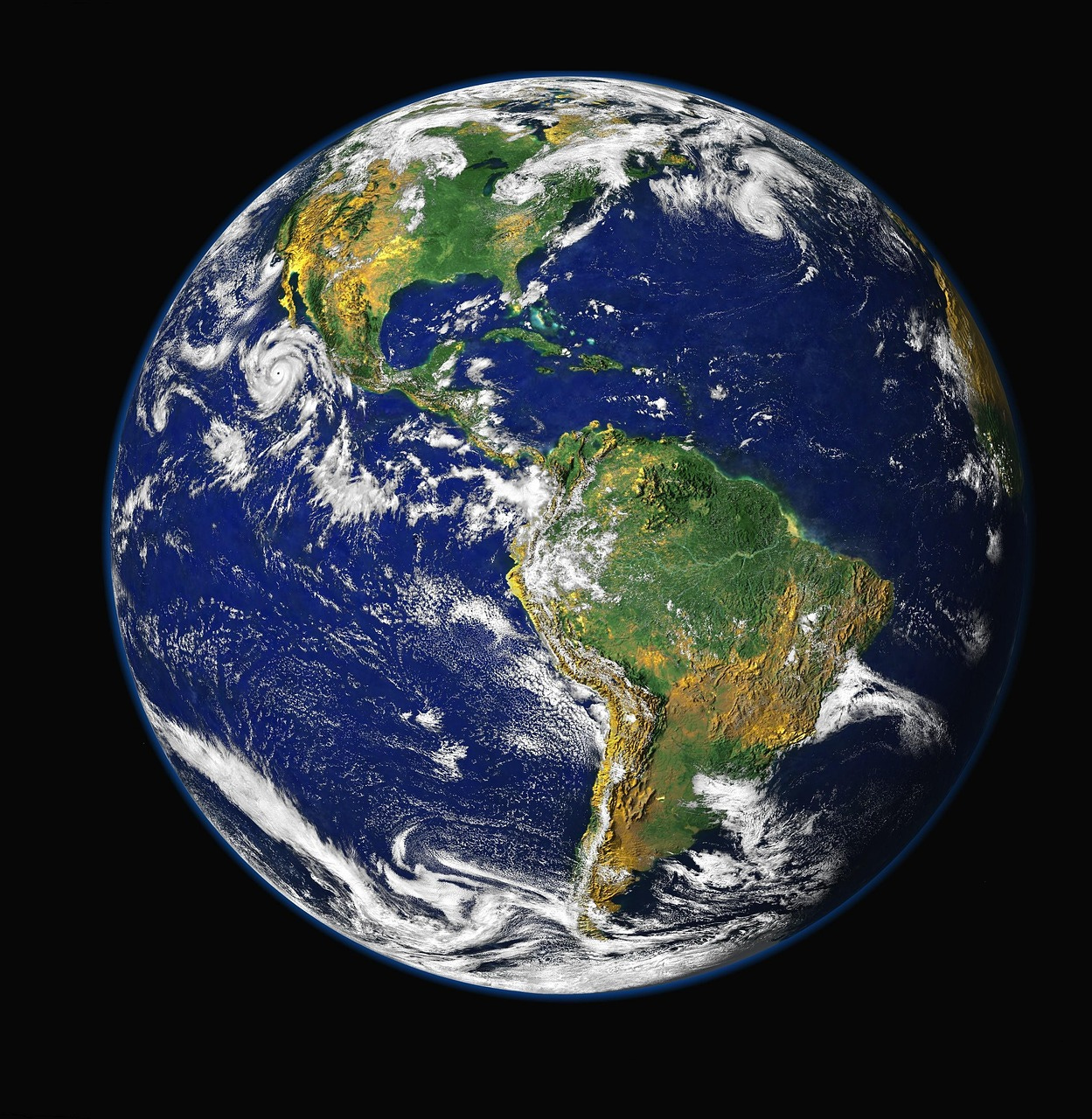How to Cope with Despair at the State of the World
How "Big World, Small World" thinking can help you live a life full of meaning and joy even in the worst of times
In talking with so many of you, I can say that collectively we aren’t doing great. “It’s been the most Monday-y of Januarys,” you could say. For most of us, that is because we look at the state of the world and feel both very upset with where it’s at and completely lacking control to fix it.
This, of course, is the worst combo - bad news you have no control over.
And this is the precise combo that most of the patients with whom I work face - they get a terrible diagnosis AND they don’t have a lot of control over what happens with their cancer or dementia or other disease.
You might feel despair at a changing climate as you watch floods, fires, and other natural disasters accumulate in frequency and severity. You might feel despair at the deluge of executive orders and political changes, many of which impact our lives or the lives of those we love directly (and perhaps severely). You might feel despair at the rising power and influence of technology and social media, most of the data showing not for our good. Or you might feel despair at your own personal circumstances - a challenging diagnosis, change in a loved one’s health, or financial or job struggles.
Whatever is causing despair in your life, I want to invite you into an exercise I’m calling “Big World, Small World Living” as a way to cope.
Big World, Small World Living
It turns out a really effective way to cope with an overwhelming sense of dread and despair at the state of things you can’t control is to focus both on how big the world is and how small the world you live in is. Here’s a breakdown:
Big World Living - This refers to engaging in exercises designed to orient you towards how small you are in the grand scheme of things. When you zoom out to picture our entire galaxy or even our galaxy among trillions of galaxies, you realize how small you actually are. What this is meant to trigger is a feeling of awe - awe at how huge the universe is and how amazing it is that you are in it. Research shows that feeling awe is linked to greater life satisfaction, as well as to being more willing to volunteer one’s time to help others, and feeling like you have more time available. More recent research indicates that a solid pathway to experiencing a positive form of awe that leads to increased well-being is by connecting with nature.
Small World Living - Part of the problem that contributes to our feeling so much despair is that we spend an exorbitant amount of time consuming very negative news that relates to problems we have absolutely no control over. We see wildfires and floods rage, but we have no direct way to help. We see laws pass, but we can’t stop them. If you’ve ever lived IN a disaster, you know how different it feels than watching a disaster. It is, of course, much worse for you. But at the same time, you take active part in helping your own community heal. I witnessed this firsthand when nearly half of Manhattan was covered in water and blacked out after Hurricane Sandy in 2012 - as a resident of Manhattan, I could actually help. What small world living invites us to do is zoom in to our tiniest orbits of influence. Instead of focusing on how our global climate is changing more broadly, jump into a local effort to plant trees in your own community or grow and tend to a garden in your own backyard (or deck or windowsill). Instead of focusing on the many policies, laws, and things happening in other countries or even in your own, look for local ways to help with causes you care about. The point is to zoom into where you do have some control and can contribute meaningfully - at your children’s school, in your local community garden, in a network or support group near you - and then do something practical there.
A practical exercise
To begin this practice, here are two things you can do this week.
Big World Living. Focus on a picture of the universe and contemplate how you feel looking at this picture. Make it as large as you can (on your biggest screen.) Even better, if you live somewhere that you can see the stars, do this exercise outside where you can look at the actual stars at night. Contemplate on:
The vastness of stars you see in the sky.
The reality that those stars are just some of up to 400 billion stars.
The reality that our galaxy (the Milky Way) is just one of billions or even trillions of galaxies in the universe.

Small World Living. Think about one area of your life where you feel despair (the environment, educational system, government, an illness someone in your life is experiencing), and think of one small way you can be involved to help make your own community better in that domain. Here are some ideas - you only need to pick ONE!
Plant 1 plant (could be in a pot, in a flower bed).
Find a local garden to volunteer for.
Volunteer to do one thing to help your child’s school.
Find one way to support local government in your own city/town (supporting a candidate, running for a small office, volunteering your time for city-wide initiatives).
Think of one practical thing you can do to support someone in your life who is struggling or facing a challenging illness or diagnosis (bring a meal, watch their kids, watch their loved one/elderly person they are caring for, invite them over for a meal).
Donate to one cause (can be a small amount) that you care about.
Sanity swaps
In addition to the exercises above, I want to offer you some “sanity swaps” for the week ahead. Often times, so many of us feel immense dread because we spend too much of our time absorbing the worst states of the world. So these are suggestions for healthy swaps (think of it like you could think of swapping out healthier foods for less healthy foods):
Instead of listening to the morning news while you get ready in the morning, consider listening to a morning jazz playlist to get your day started. Or pick your favorite music!
Instead of scrolling social media or news sources, scroll through your phone’s camera reel to relive happy memories.
Keep a gratitude journal - write three very specific things you are grateful for each day. The key to this working best is for your list to be very specific (e.g., not “I’m grateful for my children” but “I’m grateful for the loving hug my son gave me this morning while I made the coffee.”)
Finding joy in the midst of despair
None of these exercises, mind you, gets rid of the state of our world. BUT, they help you focus in on your own world and find what’s good right there. Each of us is capable of doing really wonderful things and enjoying really wonderful things, even in the “not-so-perfect” middle of making our world a better place.
Be well this week!


